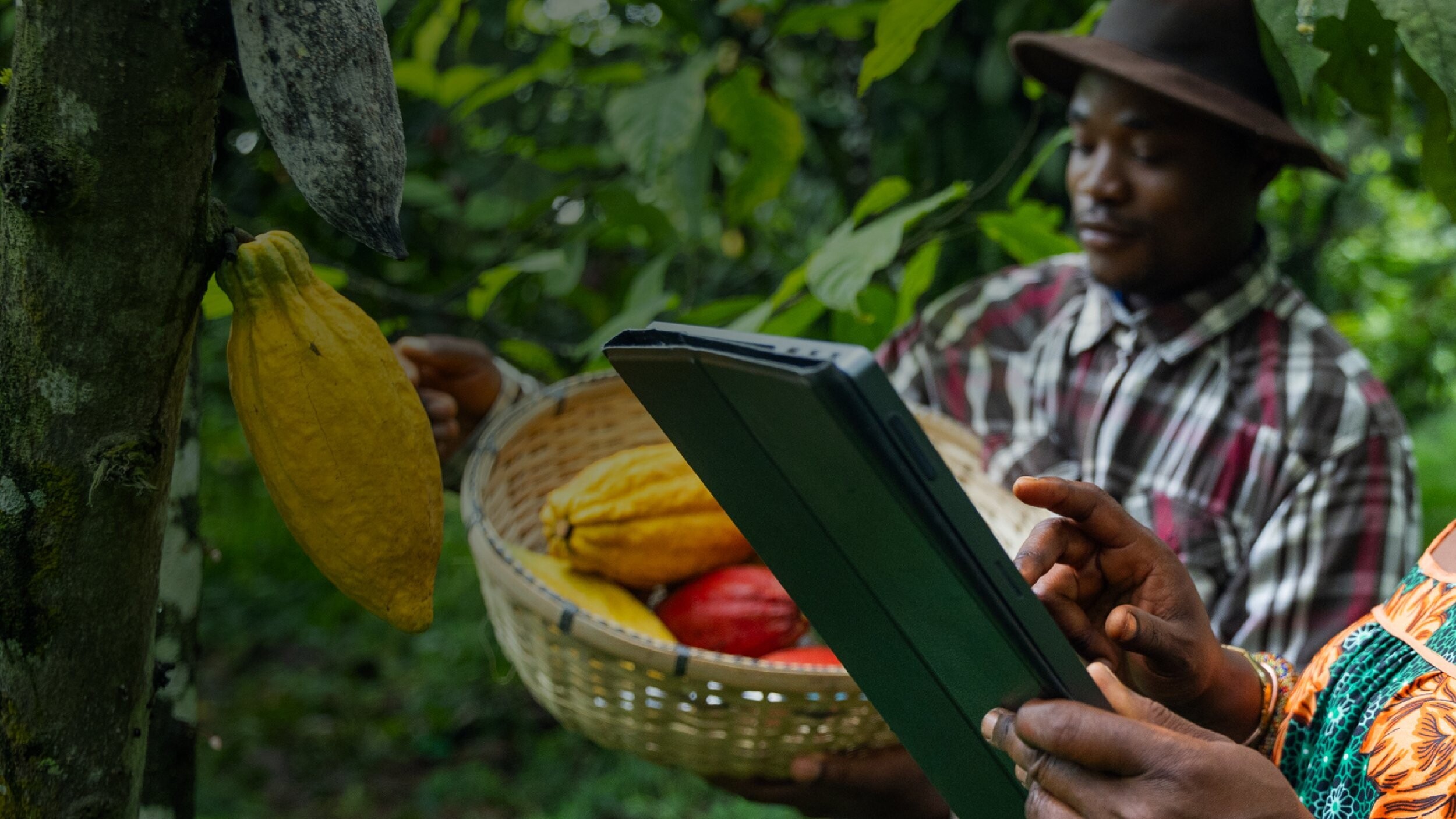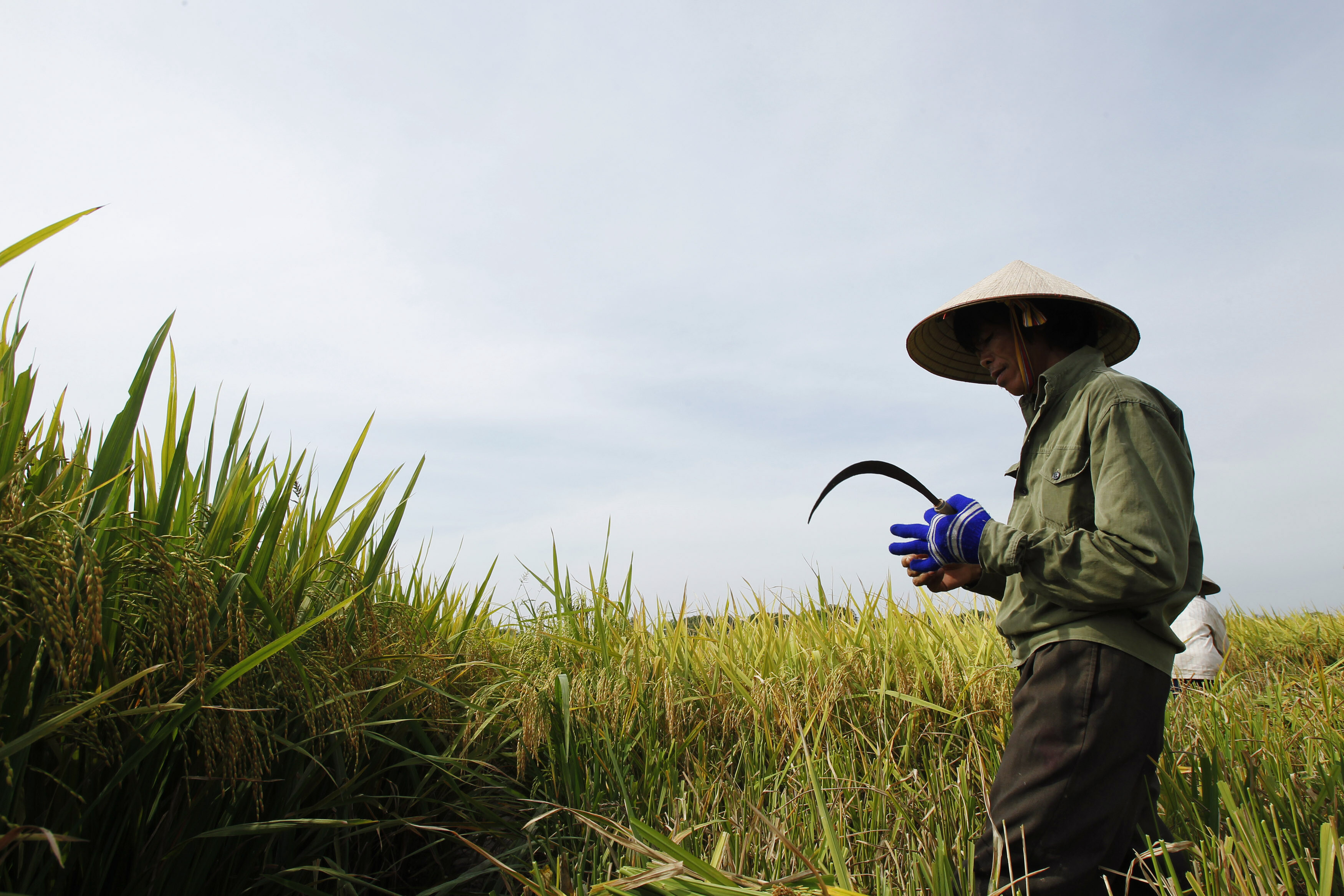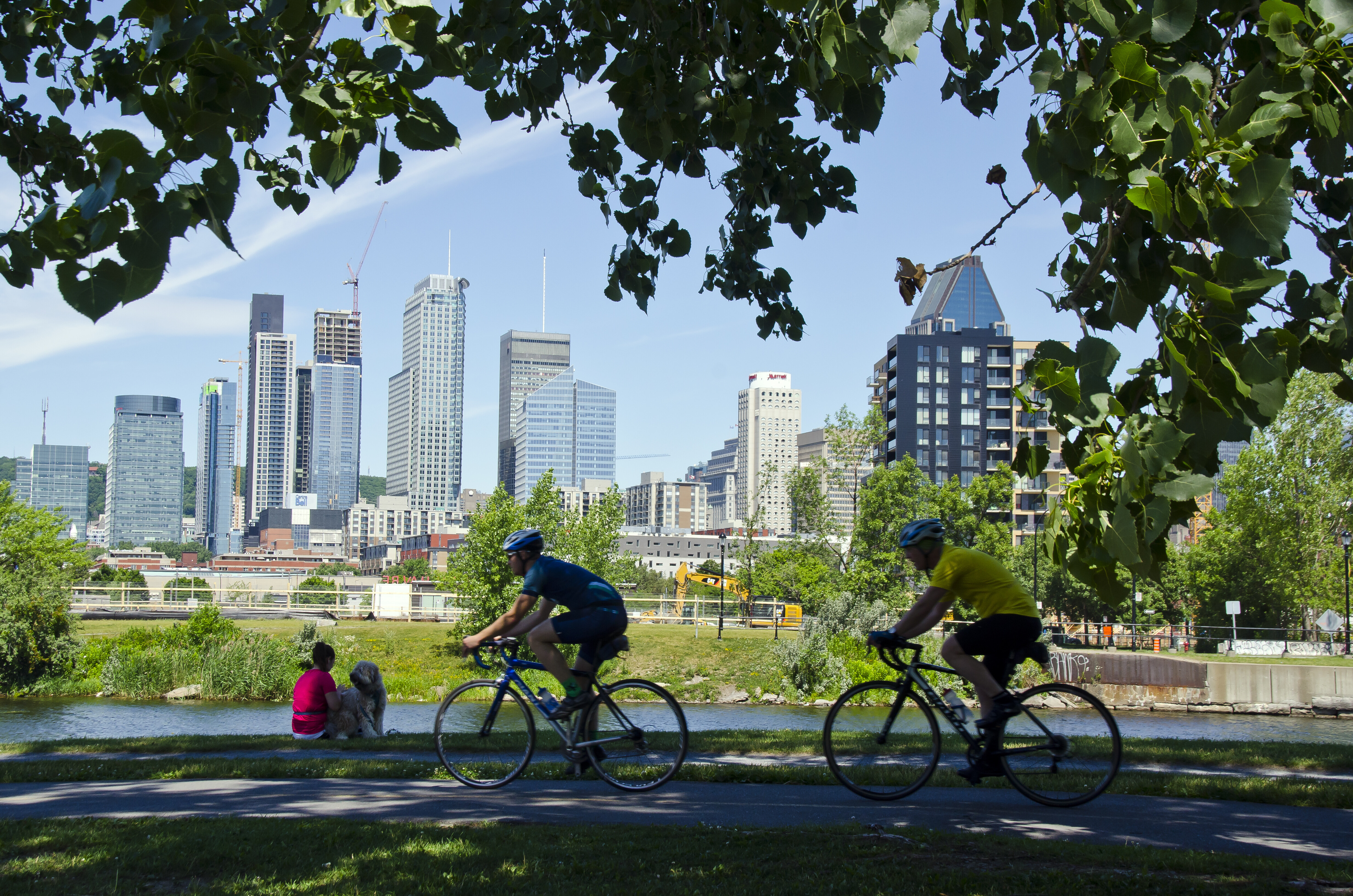These refugee children have danced in the snow for the first time

Canada has announced plans to take in more migrants by 2021. Image: REUTERS/Mark Blinch
The smiles on their faces and squeals of excitement said it all - a young brother and sister from Eritrea were seeing snow for the first time ever, in their adoptive new home of Canada.
With more than three million views, the video of them delightedly whirling through snowflakes has understandably gone viral - and was retweeted by Canadian Prime Minister Justin Trudeau, with the hashtag #WelcomeToCanada.
The heart-warming footage, posted on Twitter by the family’s Toronto host Rebecca Davies, comes just days after Canada announced plans to take in more people - including 51,700 refugees - by 2021.
State vs private sponsorship
Davies is a member of the Ripple Refugee Project, a group in Toronto who raise money to sponsor and settle refugees. And the children are part of a family, including a single mother and four children, all aged under eight, who had been living in a refugee camp in Sudan after fleeing violence in Eritrea.

Canada has earned a reputation as a world-leader for protecting refugees, thanks to its resettlement program, including both government and citizen contributions.
But while the Canadian government encourages its citizens to sponsor refugees privately, it has been criticised by the Canadian Council for Refugees for effectively ‘privatizing’ the commitment to refugees.
In 2017, the number of Government Assisted Refugees (GARs) dipped below the 2000-2015 average, according to the Council, with 7,500. While, at 16,000, Privately Sponsored Refugees (PSRs) made up 64% of the total number of refugees resettled to Canada.

Commenting on the 2017 figures, the Council said: “We emphasize that private sponsorship should never take the place of government responsibility towards refugees. As a principle, government resettlement numbers should always be higher than the numbers resettled by civil society.” And the council is urging the government to resettle 20,000 GARs annually.
Despite this criticism, Canada still features highly when it comes to the rankings of developed countries that are welcoming the most people from other countries, according to the OECD’s International Migration Outlook.
The global refugee crisis
In 2017, the number of forcibly-displaced people worldwide reached a record level of 68.5 million, according to the UNHCR, of which 25.4 million were refugees.
More than half (57%) of refugees came from three countries: South Sudan, Afghanistan and Syria, while Turkey hosted the most refugees of any country, with 3.5 million.
By the end of 2017, 1.19 million refugees were in need of resettlement, up from 691,000 in 2014. But only a fraction of resettlement candidates are actually resettled each year - in 2017, the figure was just 65,109.
The world is taking steps to ease the refugee crisis, with the Comprehensive Refugee Response Framework (CRRF) expected to be endorsed by the UN General Assembly by the end of 2018.
This global compact, which came out of the 2016 New York Declaration for Refugees and Migrants, aims to ease the pressures on host countries, enhance refugee self-reliance, expand access to third-country solutions, as well as support conditions in countries of origin for return in safety and dignity.
Don't miss any update on this topic
Create a free account and access your personalized content collection with our latest publications and analyses.
License and Republishing
World Economic Forum articles may be republished in accordance with the Creative Commons Attribution-NonCommercial-NoDerivatives 4.0 International Public License, and in accordance with our Terms of Use.
The views expressed in this article are those of the author alone and not the World Economic Forum.
Stay up to date:
The Digital Economy
Related topics:
Forum Stories newsletter
Bringing you weekly curated insights and analysis on the global issues that matter.







